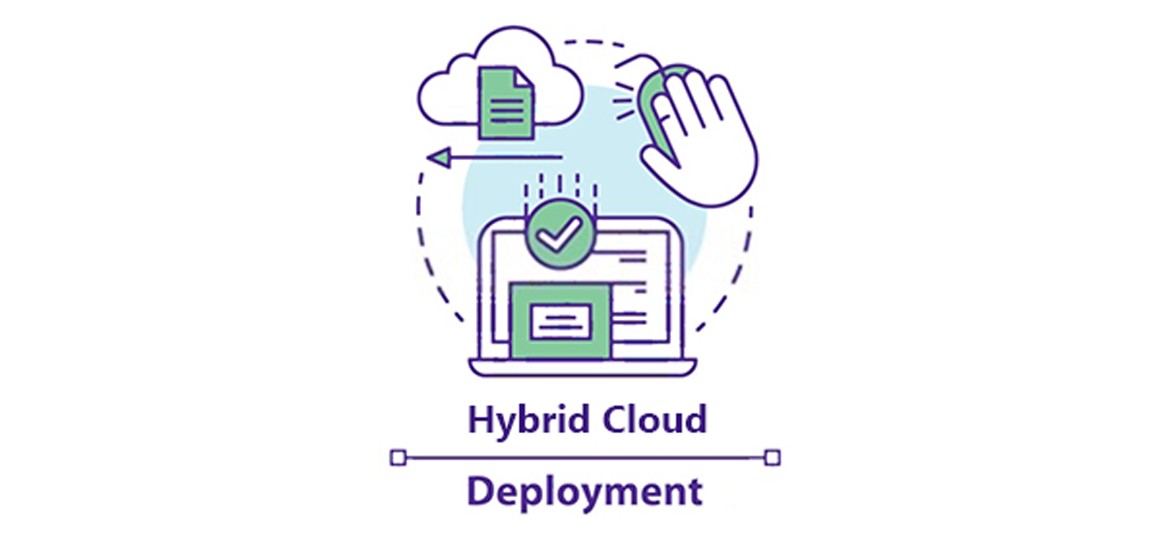Related Articles
Hybrid Cloud Deployment: Architecture, Strategy, and Benefits
Understanding the architecture, strategy, and benefits of the hybrid cloud deployment model.
Read The PostHow Cloud-Native Is Beneficial for Your Business
Uber, Netflix, and Airbnb are some of the renowned companies taking advantage of cloud-native applications.
Read The Post

